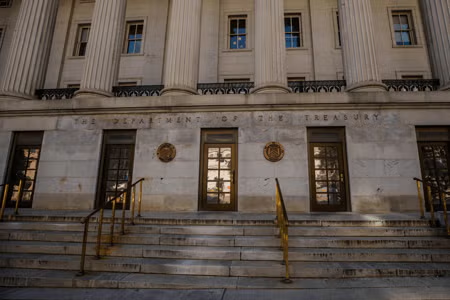Responding to two sperate requests for input, the American Chemistry Council recently submitted comments to the U.S. Department of Transportation (DOT) and the U.S. House Transportation and Infrastructure Committee outlining our transportation priorities. Our comments include many recommendations that are in line with the Trump Administration’s effort to help improve the effectiveness and efficiency of regulatory programs.

Chemistry Powers the U.S. Economy
Transporting chemistry is foundational to national defense, energy security, healthcare, technology, and a resilient supply chain. As a $639 billion industry, U.S. chemical manufacturing supports over 25% of the nation’s GDP, fueling innovation, job creation, and global competitiveness.
A Critical Player in Transportation
The chemical industry is a major stakeholder in the U.S. transportation system, relying on all modes of freight to move essential products. In 2023 alone, the industry shipped one billion tons of chemical products—2.1 million carloads by rail and 588 million tons by truck—underscoring its vital role in keeping commerce and critical infrastructure running.
Recommendations for DOT
- Rescind PHMSA Guidance on Tank Car Manway Inspections that Creates Unnecessary Risks
- Authorize Use of Electronic Emergency Response Information
- Reduce Regulatory Bottlenecks for Tank Car Facility Approvals
Recommendations for Congress
- Prevent Unreasonable Rail Hazmat Liability Requirements
- Update Railroad "Common Carrier Obligation" to Include Service Quality
- Provide Surface Transportation Board with Arbitration Authority to Streamline Dispute Resolutions
- Increase Funding for PHMSA's Hazardous Materials Grants Program
- Modernize Truck Weight Policies
Driving Reform Forward
Bottom line: To manufacture more things in America we need to be able to move more chemistry. That’s why we are committed to working with policymakers to advance reforms that strengthen the U.S. transportation network and position America as a global leader in economic growth and innovation.
For more information, view our full comments to DOT here and to Congress here.



